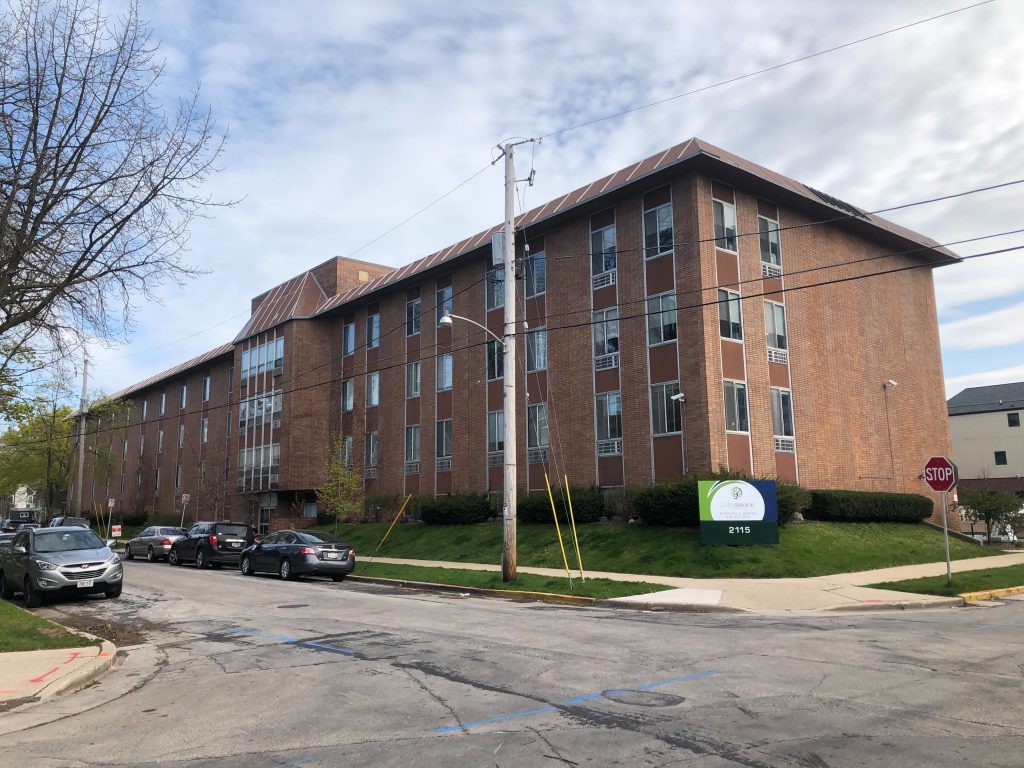State Allocates $100M for Nursing Home Aid
Funding from the CARES Act will go offset COVID-19 related expenses.
Nursing homes, home health and community health services and emergency medical services will share in $100 million in federal aid tied to the COVID-19 pandemic, Gov. Tony Evers announced Thursday.
The funds are the latest announced from Wisconsin’s allotment under the federal Coronavirus Aid, Relief and Economic Security (CARES) Act. The money is intended to support “providers most at risk for financial hardship” during the pandemic, the governor’s office said in a statement.
Long-term care facilities have been spotlighted during the pandemic as locations of particular concern, although they haven’t been the site of severe outbreaks to the degree that they have in other states. Wisconsin’s Department of Health Services (DHS) has set a goal of testing all long-term care facility residents and staff in the state, a task that is still underway.
“We need that type of support and coverage of testing on an ongoing basis,” nurse Kteile Smith, of St. Paul Elder Services in Kaukauna, said at a DHS media briefing on Thursday.
“We have had two positive cases between our campuses,” Smith said. “And we have successfully done our jobs ensuring that those individuals did not spread their infections to other long-term care facilities.”
She and her fellow employees work hard to follow all the necessary protocols to prevent the spread of infection, Smith told reporters.
“But as long-term care staff, we are a small part of the broader community, and we should not shoulder all of the responsibility for keeping this virus out of our facilities,” she said. “This is a public health crisis that requires so much more than our individual sacrifices. We will continue to fight for every resource we need to protect the lives of those who serve, because we will not let loss of life in our facilities become an expected or acceptable outcome.
DHS will distribute the health services funds in two phases, each of them to offset expenses directly resulting from COVID-19: the first to cover immediate needs in the organizations receiving them, and the second to cover individual providers’ other needs. Qualifying expenses include those brought on by the interruption of normal operations, such as overtime pay, new procedures to sanitize facilities, and changes in how care is delivered.
In an interview with the Milwaukee Business Journal published Thursday, Department of Administration Secretary Joel Brennan said announcements would be coming soon for another $800 million in CARES-funded relief programs for local communities.
Reprinted with permission of Wisconsin Examiner.
More about the Coronavirus Pandemic
- Governors Tony Evers, JB Pritzker, Tim Walz, and Gretchen Whitmer Issue a Joint Statement Concerning Reports that Donald Trump Gave Russian Dictator Putin American COVID-19 Supplies - Gov. Tony Evers - Oct 11th, 2024
- MHD Release: Milwaukee Health Department Launches COVID-19 Wastewater Testing Dashboard - City of Milwaukee Health Department - Jan 23rd, 2024
- Milwaukee County Announces New Policies Related to COVID-19 Pandemic - David Crowley - May 9th, 2023
- DHS Details End of Emergency COVID-19 Response - Wisconsin Department of Health Services - Apr 26th, 2023
- Milwaukee Health Department Announces Upcoming Changes to COVID-19 Services - City of Milwaukee Health Department - Mar 17th, 2023
- Fitzgerald Applauds Passage of COVID-19 Origin Act - U.S. Rep. Scott Fitzgerald - Mar 10th, 2023
- DHS Expands Free COVID-19 Testing Program - Wisconsin Department of Health Services - Feb 10th, 2023
- MKE County: COVID-19 Hospitalizations Rising - Graham Kilmer - Jan 16th, 2023
- Not Enough Getting Bivalent Booster Shots, State Health Officials Warn - Gaby Vinick - Dec 26th, 2022
- Nearly All Wisconsinites Age 6 Months and Older Now Eligible for Updated COVID-19 Vaccine - Wisconsin Department of Health Services - Dec 15th, 2022
Read more about Coronavirus Pandemic here



















